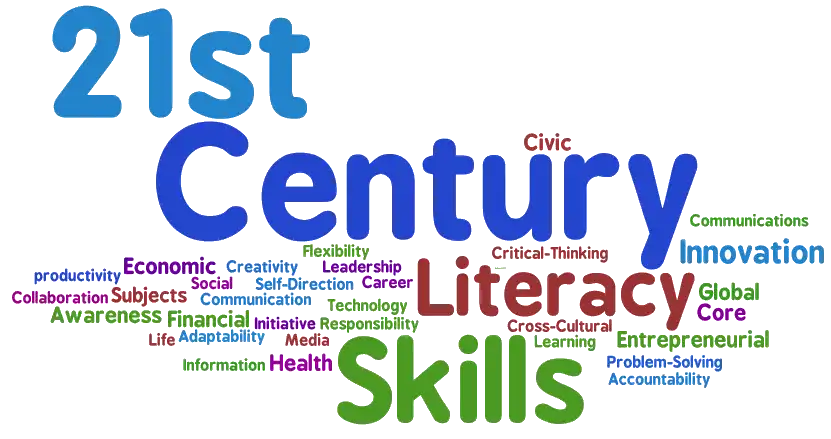The National Level Workshop on Sophisticated Instrumental Analysis for Environmental Research, sponsored by the Defence Research and Development Organization (DRDO), was successfully conducted from 3rd to 5th April 2024 at KPR Institute of Engineering and Technology, Coimbatore. With an approximate attendance of 40 members each day, the workshop featured Dr. K. Kadirvelu, Scientist F & Additional Director at DRDO, as the Chief Guest. The event provided a comprehensive platform for participants to engage in in-depth sessions on sophisticated instrumental analysis techniques relevant to environmental research. Additionally, attendees had the opportunity to participate in hands-on workshops, demonstrations, and networking sessions. Overall, the workshop was a success, contributing significantly to the advancement of knowledge and expertise in environmental research instrumentation.
The Department of Chemical Engineering at KPR Institute of Engineering and Technology organized a National Level Workshop on Sophisticated Instrumental Analysis for Environmental Research, Sponsored by DRDO from 3rd April to 5th April 2024. The workshop, attended by 50 participants, was divided into six sessions, each focusing on different aspects of instrumental analysis.
The workshop commenced with an inaugural session on 3rd April 2024, inaugurated by Dr. K. Kadirvelu, Scientist F & Additional Director, DRDO. Dr. Kadirvelu delivered the keynote address, titled 'Advanced Techniques and Importance of Environmental Sample Analysis,' highlighting the critical need for advanced techniques in sample analysis due to environmental contamination issues.
The first session, handled by Dr. D. Ramesh, Professor and Head, Department of Renewable Energy Engineering, TNAU, discussed 'Advanced Instruments for Organic Waste Analysis,' providing insights into instruments used for organic waste analysis and the conversion of organic waste into fuels. Second session was handled by Dr. Udaya Bhaskar Reddy Ragula, Associate Professor, Department of Chemical and Engineering & Materials Science, Amrita Vishwa Vidyapeetham. He presented on 'Catalyst Characterization for the Conversion of CO2 to Methanol,' exploring global methanol usage, production routes, CO2 capture methodologies, and catalyst properties.
The second day began with Dr. Anuradha M. Ashok, Professor and Head, Department of Physics, PSG Institute of Advanced Studies, session, where she introduced participants to electron microscopy as a versatile technique for material characterization. She explained the SEM and TEM techniques, as well as the importance of sample preparation for achieving accurate results. In the afternoon session, Dr. P. Lalitha provided valuable insights into general characterization techniques for materials, discussing the materials commonly used in research and the characterization techniques, such as XPS and Raman spectroscopy, used to analyze them.
The final day's session, handled by Dr. Kasi Nehru, focused on the basics of spectroscopy. He introduced participants to the fundamental principles of spectroscopy and discussed its various applications in environmental research, particularly in electronic spectroscopy and UV-Vis spectroscopy. Additionally, a hands-on training session on advanced equipment like UV Spectroscopy, XRD, Fluorescence Spectroscopy, and Atomic Absorption Spectrometry was conducted by Dr. H. Shankar, Associate Professor, KPR Institute of Engineering and Technology.
The workshop provided participants with valuable knowledge and insights into sophisticated instrumental analysis techniques for environmental research. The diverse topics covered by expert speakers made the workshop a comprehensive learning experience for all attendees.
21st Century Engineering College in Coimbatore
World is transforming everyday. In the rapidly evolving engineering landscape, we have an Increased responsibility to transform the engineering education from traditional curriculum to meet the 21st century skills like Creativity, Critical Thinking, Collaboration and Communication. Through our unique and strategic approach we enable our students to learn beyond and prepare them for life long success.
